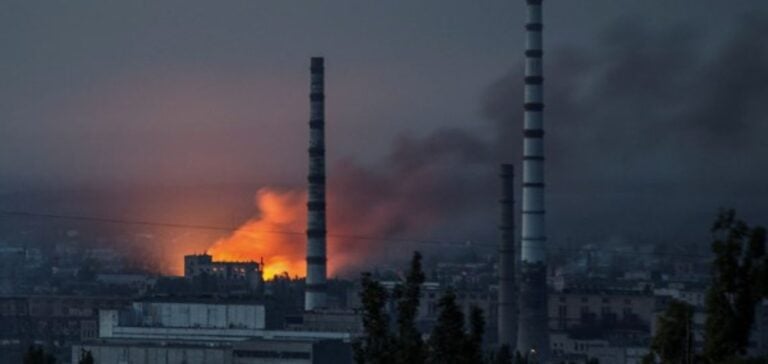On the night of Friday April 19 to Saturday April 20, Ukrainian drones struck eight Russian regions, hitting a fuel depot and three power substations. These attacks directly target logistical support for Russian military operations. According to a Ukrainian defense source, the infrastructures hit play a key role in maintaining Russian military activities. The precision of these strikes underlines the escalation of the energy war between the two nations.
Russian defensive response
In response, the governor of the Smolensk region, Vasily Anokhin, reported that air defense systems had successfully shot down several drones. However, the damage caused by the debris was sufficient to ignite a fuel tank. The Russian Ministry of Defense has confirmed the interception of 50 drones, indicating a significant increase in air defense capabilities.
Strategic context
These attacks come against a backdrop of rising tensions, with Kiev having promised to retaliate more firmly against Russian aggression on its soil. Ukraine’s increased use of drones seems to mark a turning point in military strategy, focusing on critical economic and infrastructural targets to weaken the adversary.
Geopolitical consequences
The impact of these strikes goes beyond immediate damage, influencing geopolitical and energy prospects in the region. Indeed, tensions between Ukraine and Russia are affecting European energy security, and highlighting the vulnerability of infrastructures to asymmetric attacks.
The escalation of drone attacks could redefine the rules of conflict in the region, forcing both sides to reconsider their strategies. This evolution in tactics also raises questions about preparedness and response to cyber-attacks and threats to critical infrastructures.






















